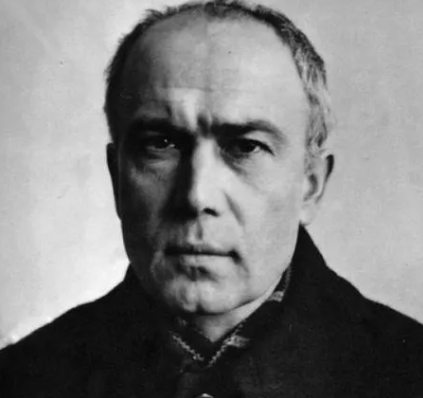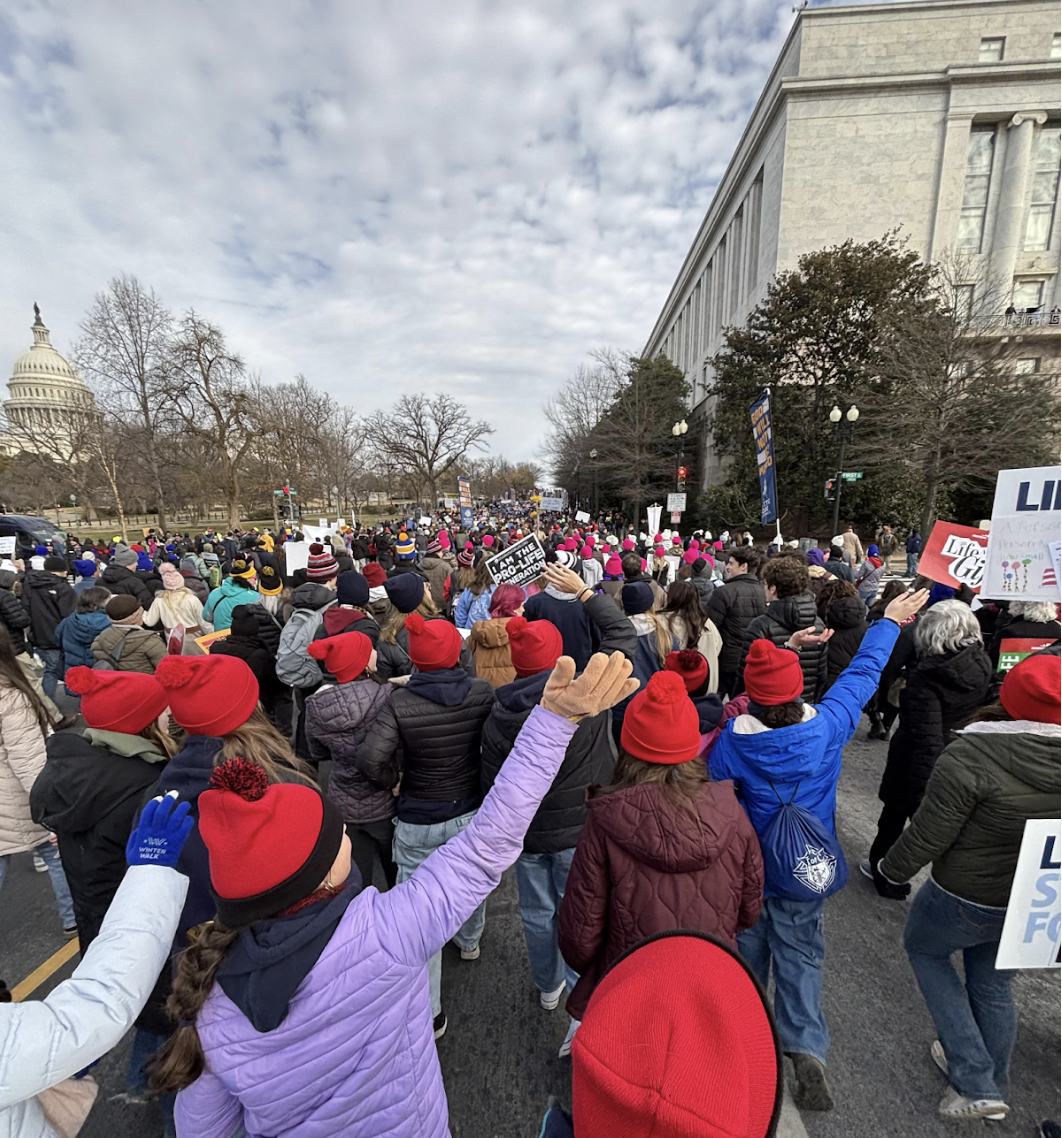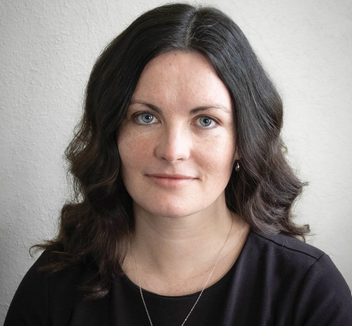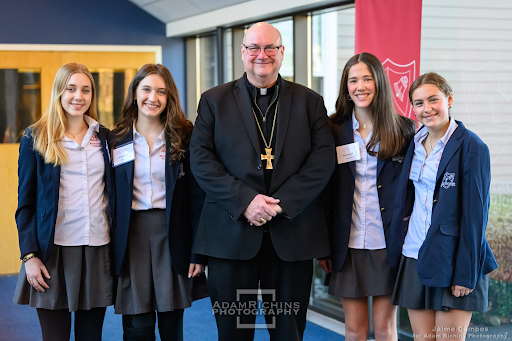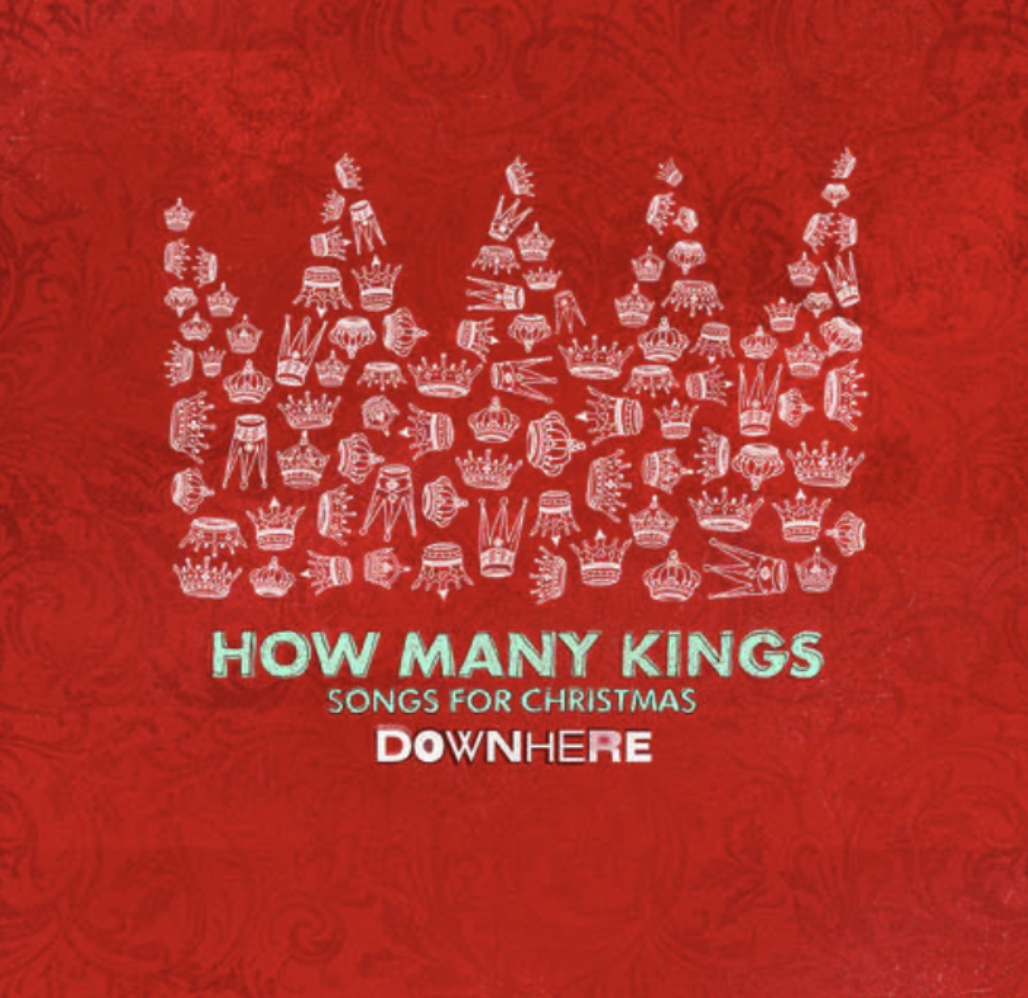St Maximilian Kolbe is such a strong saint. He is the patron of drug addicts, people with eating disorders, families, journalists, amateur radio operators, prisoners, and the pro-life movement. When I first heard about him, someone quoted St John Paul II, who said at his canonization in 1982: “Maximilian did not die but gave his life … for his brother.” That really hooked me.
Raymund Kolbe was born on January 8, 1894 in Zdunska Wola, Poland. His childhood was difficult and sad. He grew up in a poor family. At that time, Poland was part of the Russian empire. His father was caught by the Russians and killed for rebelling and patriotic fighting for the freedom of Poland.
Even from a young age, he had a strong desire to follow God and received a vision from the Virgin Mary. At age 13, he and his older brother left for the Conventual Franciscan Seminary in Lwow, which came with illegally crossing the Austria-Hungary border. He took the name Maximilian in 1910 and took his final vows as a monk in 1914. Soon after, he went to Rome to study, earning a doctorate in Philosophy at the Pontifical Gregorian University in 1915, and in 1919, a doctorate in Theology from the University of Saint Bonaventure. As an ordained priest, he came back to independent Poland, settling in a monastery near Warsaw.
Close to finishing his studies, he was diagnosed with tuberculosis. Resulting from constant poor health, Maximilian never complained, and used it to offer it up and suffer. He stayed a vibrant priest and worked especially for the conversion of sinners and enemies of the faith. After joining the Militia Immaculata (Army of Mary), he strongly felt the need to ‘fight for Mary’ against the church’s enemies. He helped with publishing of books, newspapers, and even started a radio show, working hard to spread the faith.
At the beginning of World War II, Maximilian was arrested and released after 3 months. He was arrested again and sent to an Auschwitz concentration camp for being the supposed reason for a newly published Catholic book and hiding Jews. There, he was branded and sent to do heavy work, really struggling. Despite his still and even worse health, he retained his deep sense of faith, hope, and love.
One day, in 1941, few prisoners escaped from the camp, and as a result of their action, ten innocent men were sent to an underground bunker and face the death of starvation. When one man cried out for his wife and children, Maximilian volunteered to take his place. When asked who he was, he simply answered: “I am a Catholic priest from Poland; I would like to take his place because of his wife and children.”
He led himself and the prisoners through deep, calming prayer, hymns, meditations, and canticles. Although they suffered a lot, he stayed alive thanks to his prayers, his only form of nourishment. When they found that some were not dying, they were all killed with lethal injection, in which Kolbe peacefully received and understood that it was truly God’s plan. He was canonized by St. John Paul II as a martyr in 1982, with the prisoner that Kolbe had volunteered for in the crowd.
Despite his hard life, he is such a good saint when you need stronger faith, hope, and love with God.
By Jane Marino ’29, Contributing Writer

